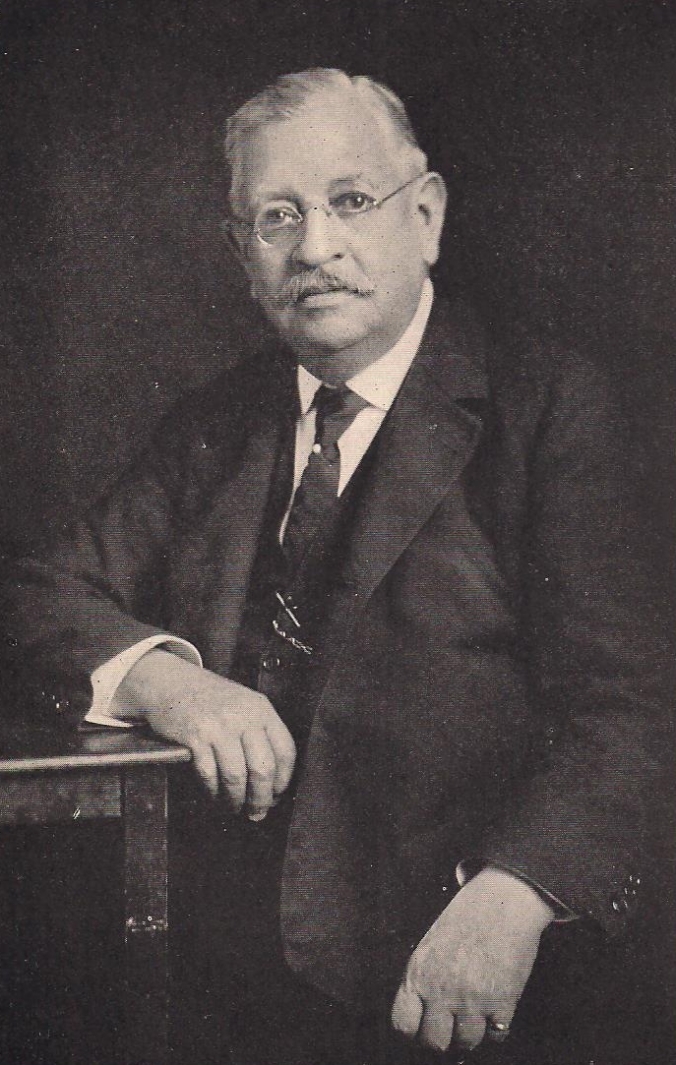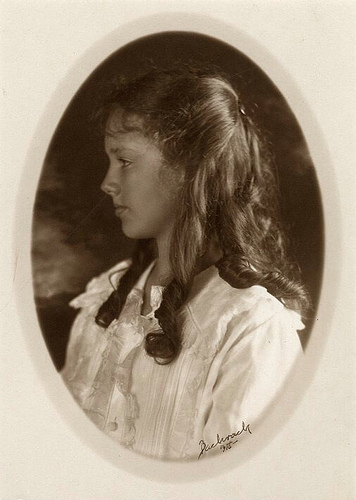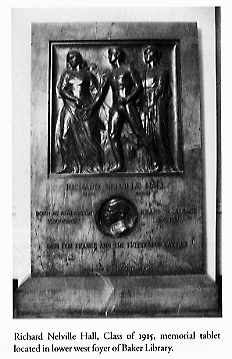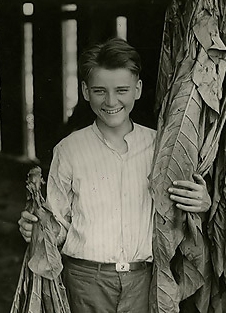It was a rare occasion that Calvin Coolidge made a good first impression. The first time his future wife saw him may be the greatest exception to the rule. On that occasion, he was seen shaving in front of a mirror with hat precisely fixed atop his head, in order, as he later explained, to keep an unruly strand of hair out of his way. It is interesting to recall that Mrs. Coolidge would find him with sleeves rolled and accoutrements in order for shaving on the day he passed away. He went as she had first met him.
Yet, not even those among his closest friends could honestly deny the disappointment each one felt upon first meeting the man. Being soundly recommended to them, Coolidge seemed to be neither engaged in their cause nor concerned with creating the perception that he was. Coolidge conveyed the diametric opposite of what is supposed to work in politics. The mentality is so prevalent that even the person sincerely and selflessly making request of an elected official expects the perception of concern as much, if not more, than actual results. Mr. Stearns was one such sincere petitioner who began what became an immovable friendship angry at the young Senator Coolidge for appearing indifferent to Amherst and his request. When the opportunity presented to take up the matter again the following year, Mr. Stearns was stunned to discover that Coolidge had not only passed the bill but added carefully crafted provisions for which the older man had not thought to ask! Such began Mr. Stearns’ quest to see Coolidge raised to national leadership.

Frank Waterman Stearns, A Real Friend (1856-1939), as Horace Green features him in The Life of Calvin Coolidge, 1924.
Others, like his Amherst classmate Dwight Morrow, saw what was not so obvious to most about Coolidge. While a majority of their class voted for Morrow as the one most likely to succeed, he gave his first (and the lone vote of the class of 1895) for Coolidge. His wife and college sweetheart, Elizabeth, did not share his insightful impression of the man from Vermont. Meeting the Coolidges at an Amherst reunion, Mrs. Morrow simply could not see what Dwight (and Grace even more so) saw in “that sulky, red-headed little man.” Her husband countered, “Don’t be too hasty, Betty. We’ll hear from that man Coolidge some day.” “Yes,” she quickly retorted, “we’ll hear from him–but we’ll hear from him through his wife.”
As Mrs. Morrow would write in 1935, “I couldn’t have known then that my husband and I would both be right.”
The power of Coolidge’s personality and character left an imprint not readily visible or appreciated, especially from the first visit. As is often the case, the perceptive abilities of children to weigh what was important from inconsequential, to discern kindness and compassion in others, even in the smallest and usually underestimated ways, presents a truer grasp of the man as he genuinely was. Children tend to be the first to detect the fake and fraudulent. Three occasions of Coolidge’s impression on children illustrate not simply a political ploy but emphasize who he actually was, a good and thoughtful man who cared for people. To Coolidge, even the smallest and youngest individuals had great worth and significance.
First, the Morrows having been to see the Coolidges before the police strike boarded the train home to New York. On the way they got into a discussion with those in their drawing room about the political future of Governor Coolidge. While Mr. Morrow saw Presidential potential in the man, nearly everyone else simply did not see it. He was “too quiet” lacking the “cordiality and personality” to go anywhere beyond Boston. “No one would like him!” someone announced. Mrs. Morrow writes, “At this point little Anne [their second eldest, age six at the time] broke into the serious discussion. She held up a finger that had a bit of adhesive tape on it over a little cut. ‘I like Mr. Coolidge,’ she said. ‘He was the only one who asked about my sore finger!’ My husband, quite pleased, of course, looked at his friends and said, ‘There’s your answer.’ ”
Second, Ernestine Cady Perry had worked for the law office of Coolidge and Hemenway in Northampton for some time. As Mr. Coolidge rose from local to national responsibility, he never forgot who he was or the people he knew and missed back home. Once in the White House, he took the time to send signed photographs to Mrs. Perry’s two little daughters. In fact, they would overhear so many good qualities attributed to kind Mr. Coolidge that one of them, Jane, at age five, took her mother by surprise upon asking, “Would it be better if I had Calvin Coolidge for a daddy instead of my own daddy?” Such a question, asked in the innocence of her age, still carries an insight into the endearing character of Calvin Coolidge and the wholesome regard even the youngest held for him.
Third, Edward K. Hall worked for many years as a vice president of the American Telephone and Telegraph Company in personnel relations. A graduate of Darmouth, Mr. Hall came to be recognized for his superior qualities of leadership in labor disputes. In 1924, his eldest son, Richard, died suddenly after illness struck just a few hours earlier. It was President Coolidge, having just lost his youngest son, Calvin Jr., after only a few short days of sickness, who sent a book with this inscription to comfort the similarly grieving father:
“To Edward K. Hall: In recollection of his son and my son, who had the privilege by the grace of God to be boys through all eternity. Calvin Coolidge.”
It was that same Mr. Coolidge who, upon receiving a small boy Colonel Starling had found waiting to see him outside the White House gates, having come to console him after Calvin Jr.’s death, told Starling, barely able to contain his emotions: “Colonel, whenever a boy wants to see me always bring him in. Never turn one away or make him wait” (Starling of the White House p.224).
Clarence S. Brigham of the American Antiquarian Society noted Coolidge’s love for people, particularly cherishing the innocent goodness of our children. He valued the least among us and took joy in the presence of the happy and appreciated lives of little ones. It was he who once said, “I should not want to think of heaven without children there.” In offering a few final words in memory of his friend, the thirtieth president, Mr. Brigham wrote:
“I think that Mr. Coolidge’s outstanding trait was his kindness and his sympathy. He never forgot a friend and had a surprising habit of remembering trivial happenings, if they concerned those whom he liked and trusted. He had the faculty of inspiring a really fond affection from those with whom he was closely brought into contact. His character was so strongly made up of honesty, fairness, adherence to ideals, and courage, that they stood out above other qualities throughout his whole life. Truly, a man with a soul which looked inwards and tried to interpret the mysteries of life, whose own life was given to serve his fellow men, must live forever in the hearts of the people.”



“There you go again.”
Mr. Wright,
You’ve brought together “Coolidge stories” from several sources and rendered then coherently and accurately. Let me add the following extracted from Dr. Sheldon Stern’s Welcome and Introduction to the July 1998 Conference – “Calvin Coolidge: Examining the Evidence” at the JFK Library. (Dr. Stern is the retired historian of the Library.) He said –
“The Coolidge stereotype, . . . is omnipresent. At a local high school, a few years ago, after discussing the Coolidge orthodoxy, a student angrily asserted, “That can’t be true.” When I asked her why she felt that way, she responded, “Someone like that could never have been elected to anything.”
Thank you very much, Jim!